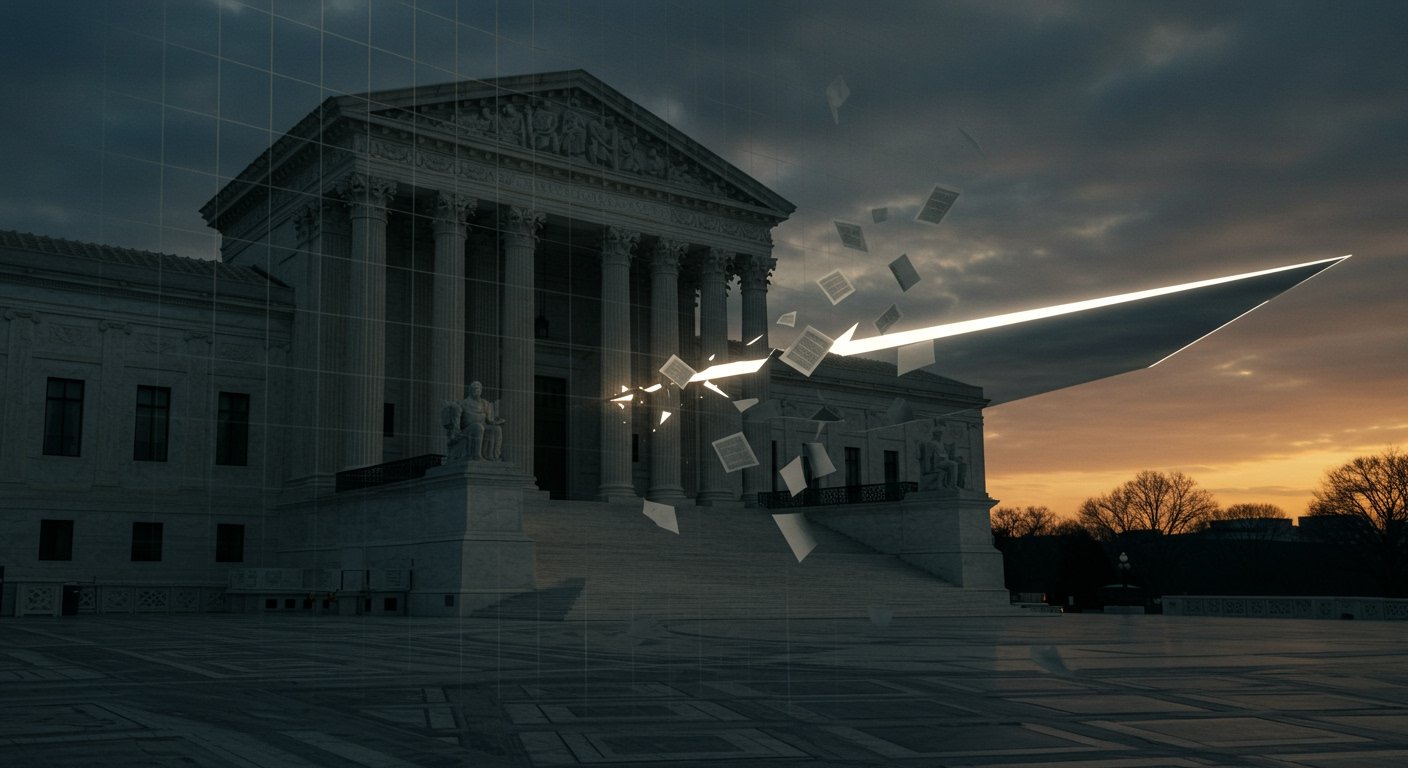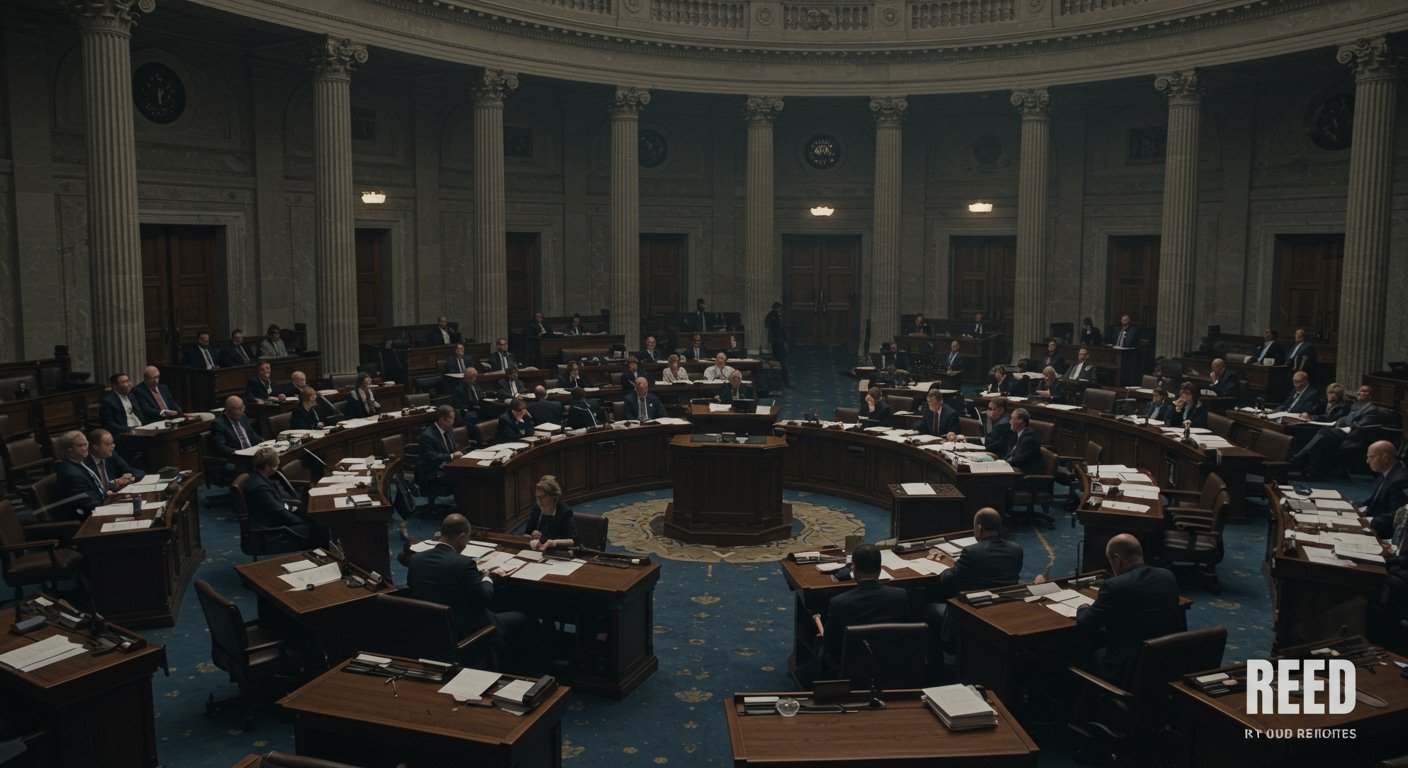San Francisco, USA – Billionaire entrepreneur Elon Musk announced on Saturday, July 5, the formation of a new political party in the United States, named the “America Party.” The declaration, made via a post on his social media platform X, signals a direct challenge to the established political landscape and follows a notable public disagreement with former President Donald Trump.
The impetus for the party’s launch appears linked to Musk’s strong opposition to recent controversial budget legislation, known as the “One Big Beautiful Bill.” Musk, who previously held an advisory role and led the now-dissolved Department of Government Efficiency (DOGE) focused on cost-cutting, voiced significant criticism of the bill. He contended that the legislation, which combines tax cuts with increased federal spending, could add a staggering $3.3 trillion to the national debt over the next ten years. Furthermore, Musk highlighted the bill’s provisions for cutting electric vehicle incentives, a move directly impacting his automotive company, Tesla.
Challenging the ‘Uniparty’
Musk articulated the party’s primary objective as fundamentally challenging the existing two-party system, which he characterized pejoratively as a “uniparty.” He stated the core mission is to “give Americans back their freedom,” suggesting the current political structure fails to adequately represent or empower the citizenry.
The strategic vision outlined by Musk involves a focused approach rather than attempting a broad, nationwide challenge initially. He detailed a plan aiming to win a specific, limited number of seats in Congress: 2 to 3 Senate seats and 8 to 10 House districts. The calculation behind this strategy is that by securing even a small bloc of votes in a potentially narrowly divided Congress, the America Party could become a crucial deciding force, influencing legislative outcomes and potentially shifting political dynamics.
Fallout and Political Tensions
This significant political maneuver unfolds amid escalating tensions between Musk and former President Trump. The disagreement over the “One Big Beautiful Bill” is the latest point of friction in a complex relationship that has seen both collaboration and conflict. Reports suggest that Trump has reportedly hinted at the possibility of reassessing government subsidies tied to Musk-linked ventures, a potential repercussion that underscores the high stakes of their public and political disagreements.
Musk’s previous foray into government efficiency through the DOGE initiative provided him with insight into federal operations and spending, informing his current critiques of fiscal policy.
Navigating the Hurdles
The path for any new political entity seeking to break the dominance of the Republican and Democratic parties is fraught with significant challenges. Election law experts are quick to note the considerable barriers new parties face merely to appear on ballots across the United States.
Examples of these hurdles include stringent requirements such as needing to register approximately 75,000 members or collecting as many as 1.1 million signatures in populous states like California just to qualify for ballot access. These logistical and financial obstacles often prove insurmountable for nascent political movements.
Political strategists observing Musk’s announcement offer varied interpretations of his motives. Some suggest that his actions may be primarily intended to apply pressure on existing lawmakers and shape the political debate from outside the traditional party structure, rather than solely committing to the arduous, long-term process required to build a lasting, nationwide third party capable of competing for the presidency or control of Congress.
Regardless of the ultimate motivation or outcome, Musk’s launch of the America Party represents a high-profile attempt to disrupt the American political order, fueled by specific policy disagreements and set against the backdrop of a personal and political fallout with a former president.












